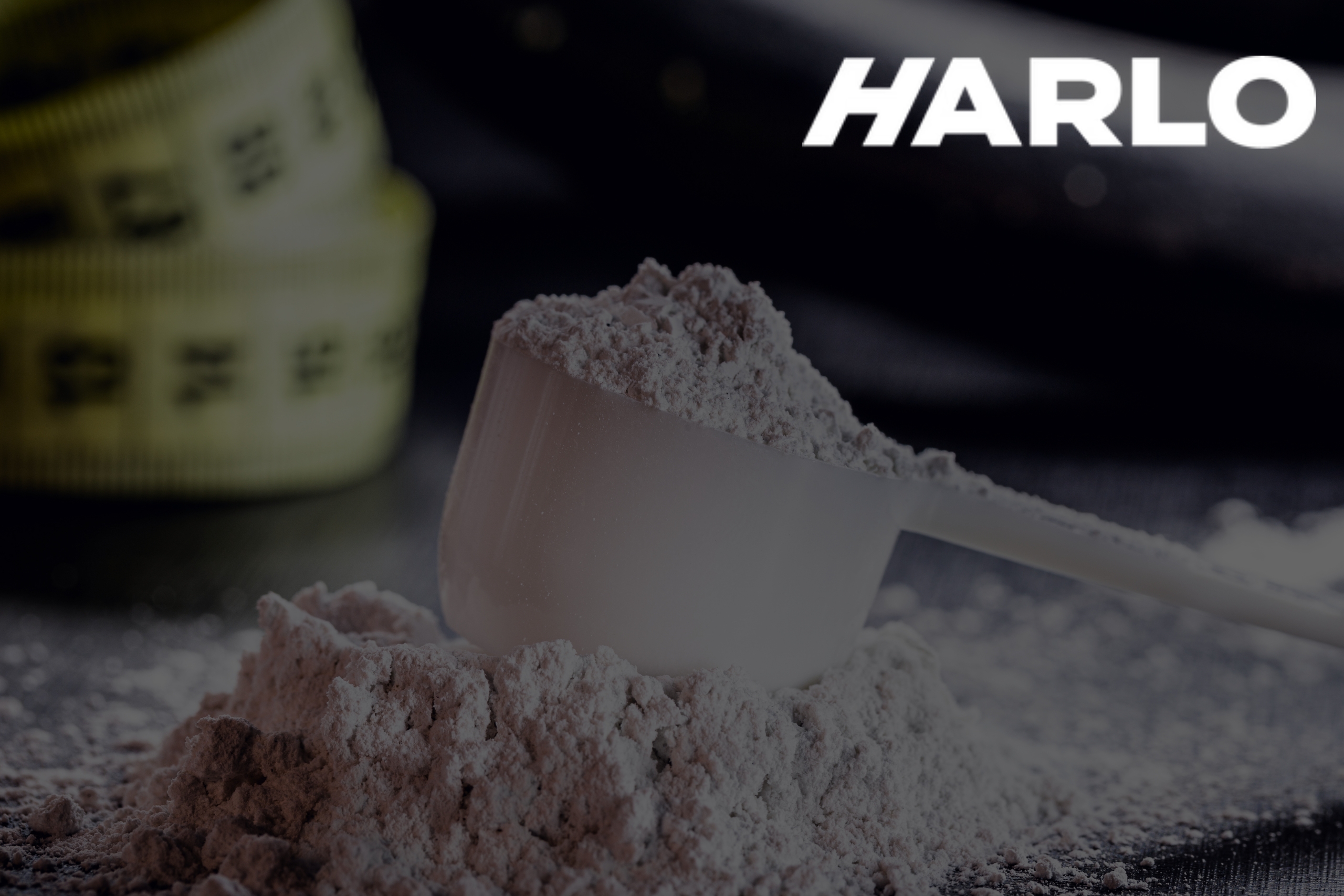Nutrition plays a crucial role in optimizing athletic performance. Athletes who engage in intense physical activities require proper fuel to support their performance and recovery. While a balanced diet is essential, certain supplements can also contribute to enhancing athletic performance. One such supplement is creatine.
Creatine, a naturally occurring compound in the body, is stored in the muscles and provides essential energy for high-intensity activities. Supplementing with creatine has been shown to increase muscle mass, improve strength, and enhance athletic performance. It is particularly popular among athletes involved in high-intensity, short-duration sports such as weightlifting, sprinting, and powerlifting.
In this article, we will delve deeper into the role of creatine supplementation in sports nutrition. We will explore the benefits and potential side effects of creatine, the optimal dosage and timing for supplementation, and the different forms and sources of creatine available in the market. Additionally, we will discuss the importance of consulting with a healthcare professional before starting any supplementation regimen and provide tips on how to select a reputable and high-quality creatine product.
By understanding the significance of nutrition and making informed decisions about creatine supplementation, athletes can optimize their performance and maximize their potential in their respective sports.
Understanding Creatine and Its Benefits
Human muscles and brains naturally contain creatine. Dietary sources include beef and fish. This nitrogenous organic acid is essential for energy metabolism and ATP renewal.
Creatine donates its phosphate group to ADP to convert it to ATP. Rapid energy production during severe physical exercise like weightlifting or running depends on this mechanism. Creatine supplementation has grown in popularity among athletes and bodybuilders.
Creatine supplementation may have advantages. It first improves anaerobic performance by boosting ATP availability, which boosts power and strength. In activities that demand short-term energy bursts, this may boost muscular development and athletic performance.
Creatine also aids muscle healing and reduces damage after severe exercise. Neuroprotective and cognitive-enhancing effects may benefit athletes in both physical and mental performance.
Energy metabolism and ATP renewal depend on creatine, a natural bodily molecule. Its supplementation may boost athletic performance, muscular recovery, and cognition. Medical specialists must be consulted to ensure safe and correct use.
Enhancing Strength and Power Performance
Creatine has been thoroughly studied and shown to boost athletic strength and power. One of the most extensively utilized and tested supplements, it improves muscular performance in many studies.
Creatine increases energy storage, which boosts muscular performance. ATP, the body’s energy currency, is easily accessible from muscle phosphocreatine. Increased intramuscular creatine levels help athletes replace ATP faster after intensive activity, enhancing power and strength.
Creatine boosts muscle protein synthesis, improving performance. This increases muscular growth and strength, allowing athletes to exert more force during resistance training.
Resistance-training and explosive athletes benefit most from creatine supplementation. These exercises need short energy bursts and explosive strength, which creatine supplementation may boost. Creatine supplementation improves strength, power, and performance in weightlifters, sprinters, and jumpers.
Creatine supplementation improves athlete strength and power. It boosts energy and muscle protein synthesis, making it ideal for weight training and explosive sports.
Improving High-Intensity Exercise Capacity
Continuous research has revealed that creatine supplementation boosts high-intensity exercise capability. Creatine is a naturally occurring substance present in skeletal muscle that fuels fast, intensive motions.
Creatine increases ATP, the main energy source for muscular contractions, which promotes high-intensity exercise capability. By boosting muscular creatine phosphate, creatine supplementation boosts ATP generation during exercise. This improves sprinting and team sports performance.
Creatine also buffers intramuscular pH, reducing tiredness during high-intensity exercise. This is especially useful during anaerobic tasks, when lactic acid accumulation may cause muscular weariness. Creatine buffers pH during strenuous activity, postponing exhaustion and helping people to perform better for longer.
These results are relevant for athletes who do repeated rapid bursts. Creatine supplements help athletes operate at high levels for longer, enhancing sprinting and team sports performance. Creatine improves high-intensity exercise capacity, although results may vary.
Supporting Muscle Recovery and Adaptation
Due to its muscular healing and adaption benefits, creatine is popular among athletes and fitness aficionados. Creatine supplementation reduces muscle injury and inflammation, speeding healing, according to research.
Creatine reduces muscular pain and blood inflammation, according to several research. Weightlifters and high-intensity interval trainers benefit from this. Creatine supplements reduce muscle damage and inflammation, helping the body recover quicker after intense activities.
Creatine improves recuperation between workouts. It replaces energy reserves, including ATP, which is needed for muscular contraction. Creatine supplementation boosts energy during exercises, improving performance and muscle mass.
Muscle healing and adaptation depend on creatine. Creatine supplements reduce muscle damage, inflammation, and energy availability, speeding recuperation and return to training. Creatine may boost performance for athletes and fitness enthusiasts alike.
Combining Creatine with Other Supplements
Athletes and fitness enthusiasts are always looking for methods to improve performance and recuperation. Recent interest has focused on combining creatine with other sports supplements.
Meat and fish contain modest levels of creatine. It boosts muscle strength and power, making it a popular selection for athletes. Synergistic effects have been shown when creatine is used with other supplements.
One option is creatine and protein. Muscle repair and development need protein, and creatine may speed recovery and hypertrophy. Creatine also boosts protein synthesis, boosting protein supplementation’s muscle-building benefits.
Creatine and carbs are another option. Combining creatine with carbohydrates, the body’s main energy source, helps restore glycogen reserves and boost energy. High-intensity and endurance athletes may benefit from this. Combining creatine with BCAAs may boost its advantages. BCAAs minimize muscle damage and promote protein synthesis, and when paired with creatine, they boost recovery and muscular development.
Creatine and other sports supplements can work together to boost performance and recovery. Strategic supplementation strategies may help athletes train and compete by mixing creatine with protein, carbs, or amino acids.
Considerations for Creatine Supplementation
Creatine supplementation boosts performance and muscular development, making it popular among sports and fitness aficionados. Creatine supplementation requires knowledge of dose and timing for best benefits.
To saturate muscles with creatine, experts recommend a loading phase of 20 grams per day in four dosages for five to seven days. Three to five grams of creatine per day is advised after loading to maintain muscular creatine reserves.
Creatine supplementation timing depends on personal preferences and training objectives. Some take creatine with meals to spread out the dose, while others take it before or after exercises to optimize its advantages. To maximize creatine absorption, take it alongside carbs.
Some athletes may use cycling procedures to avoid creatine supplementation. Cycles entail constant creatine usage and times without supplementation. This method may benefit athletes who wish to retain their body’s natural creatine production and avoid long-term supplementation.
When contemplating creatine supplementation, body weight, workout intensity, and health must be considered. Healthcare professionals and sports nutritionists may give customized advice. To maximize creatine supplements advantages and limit dangers, a personalized strategy is essential.

Conclusion
In conclusion, creatine has been shown to offer a myriad of benefits for athletes. Its ability to enhance strength, power, and muscle mass has been extensively studied and supported by scientific evidence. Additionally, creatine has demonstrated efficacy in improving exercise performance, endurance, and recovery. However, it is crucial for athletes to approach creatine supplementation with an evidence-based mindset. They should consult with healthcare professionals or sports nutritionists to determine the appropriate dosage and timing for their individual needs. By integrating creatine into their nutrition plans, athletes have the potential to maximize their performance and achieve their athletic goals. The key is to carefully consider the most effective and safe strategies for incorporating creatine into their training regimen, ultimately enabling them to reach their true athletic potential.




